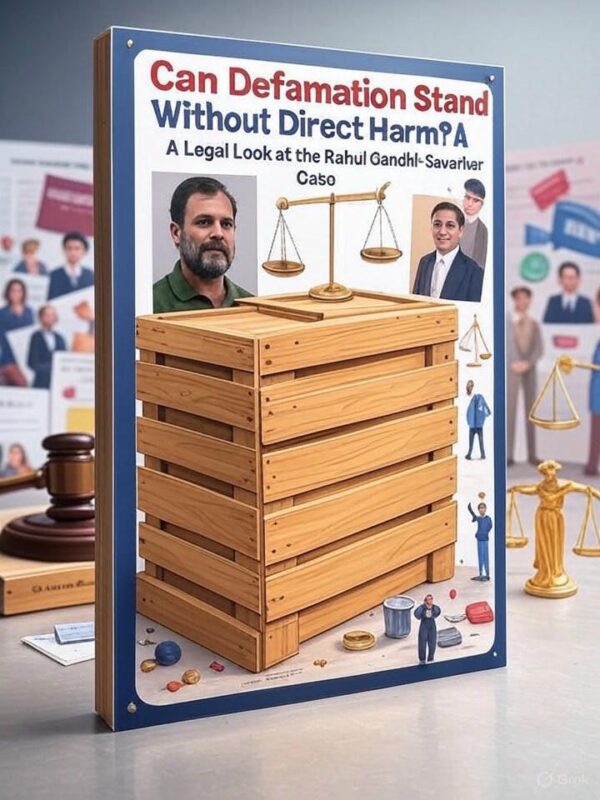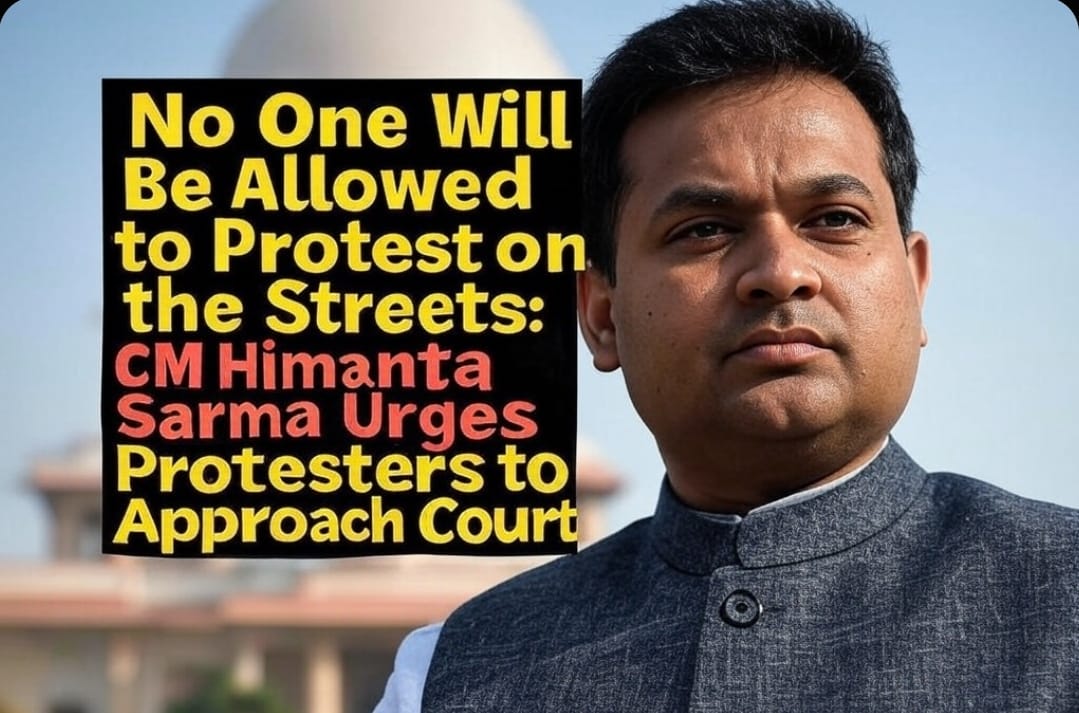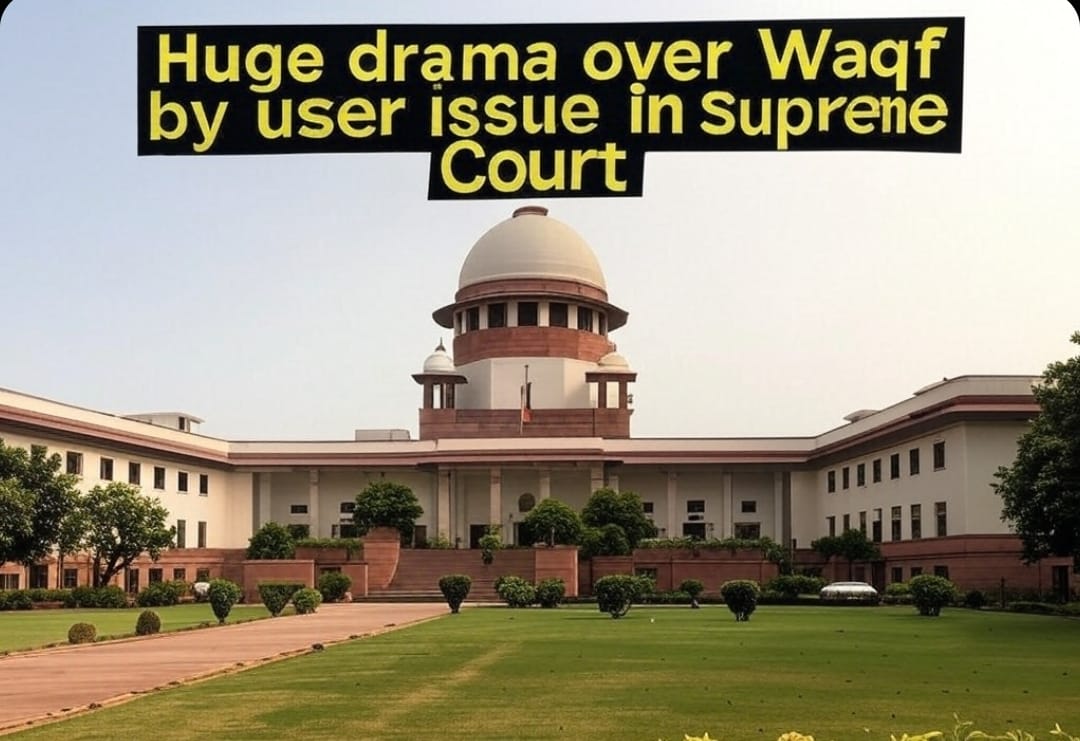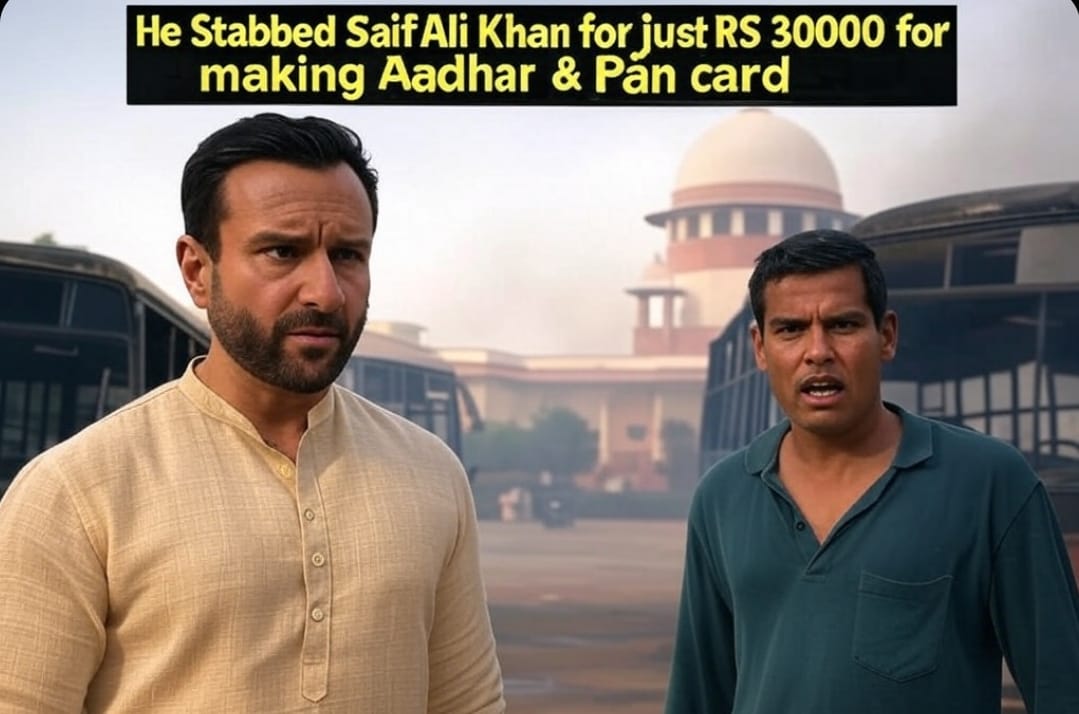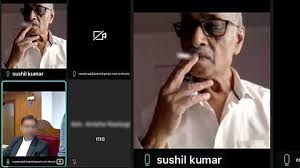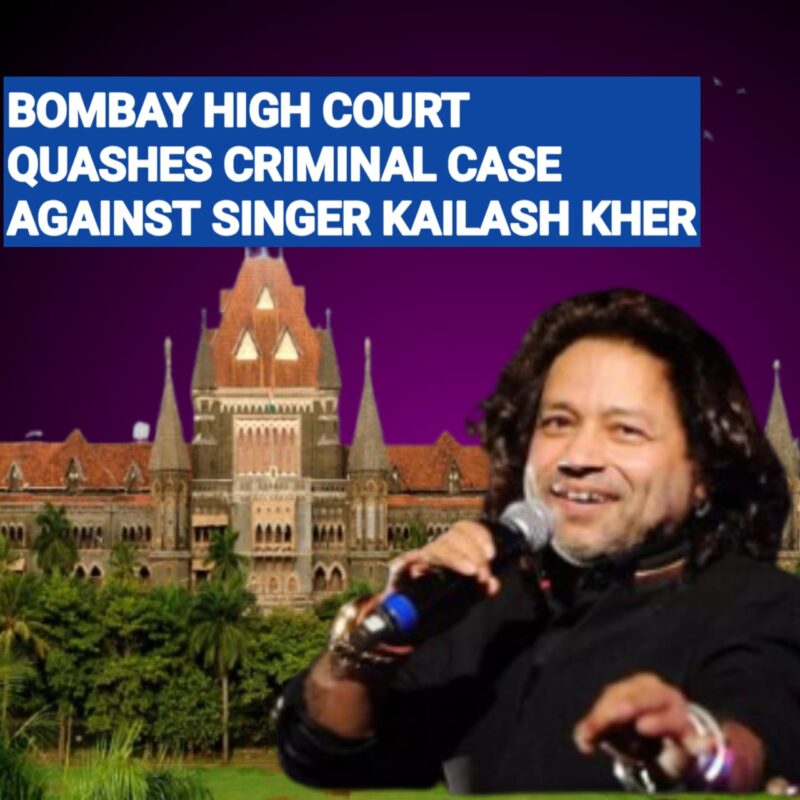In a setback , Aam Aadmi Party (AAP) national convenor and previous Delhi Chief Minister Arvind Kejriwal, the Rouse Avenue Court has directed the Delhi Police to check in a First Information Report (FIR) against him and other party leaders over alleged misuse of public funds.
The case relates to the setup of huge hoardings across Dwarka in 2019, allegedly defacing public assets. This development provides to Kejriwal’s legal troubles, as he’s presently out on bail within the Delhi liquor policy scam case.
Court’s Directive and Legal Basis
The case was heard by Additional Chief Judicial Magistrate Neha Mittal, who ruled that the utility below Section 156(3) of the Code of Criminal Procedure (CrPC) became legal. As a end result, she directed the concerned Station House Officer (SHO) to at once check in an FIR beneath Section three of the Delhi Prevention of Defacement of Property Act, 2007, along with some other relevant expenses.
According to the court order, the hoardings, which bore greetings and announcements from the Delhi authorities, featured photos of Arvind Kejriwal, former Matiala MLA Gulab Singh Yadav, and former Dwarka Councillor Nitika Sharma.
These classified ads were allegedly positioned with out right authorization at numerous locations including traffic intersections, parks, and public homes, raising concerns about misuse of taxpayers’ money.
The Complaint and Initial Dismissal
The case originates from a grievance filed by means of Delhi resident Shiv Kumar Saxena in 2019. He alleged that AAP leaders misused public budget by means of putting in large-sized hoardings across Dwarka without essential approvals. Saxena first of all approached the police, however when no action was taken, he sought judicial intervention.
In September 2022, a magisterial court dismissed Saxena’s plea, ruling that the evidence was insufficient to warrant an investigation. However, in January 2025, a classes court overturned this selection, directing a fresh hearing of the matter. The court emphasised that the decrease court had not conclusively decided whether the alleged act constituted a cognizable offence, necessitating a re-exam.
Court’s Observations and Criticism of Police Inaction
The court took a strong stance in opposition to the police’s managing of the case. Magistrate Neha Mittal criticized the Action Taken Report (ATR) filed through the police, which had claimed that no hoardings were observed. The court rejected this assertion, pointing out that the ATR seemed to be an try to mislead the judiciary.
The order further emphasised that the mere passage of time does not render an investigation , mainly given the availability of superior forensic and technological gear to verify the allegations. The magistrate cited that unlawful hoardings pose a critical danger, phrases of public belongings defacement .
Referring to past incidents, the court found that deaths due to collapsing hoardings are not uncommon in India, making it vital to implement laws against unauthorized advertisements strictly. The court docket additionally directed the investigating enterprise to examine who revealed and mounted the banners, to envision economic accountability.
Political Fallout and BJP’s Allegations
The FIR directive comes just days after the Bharatiya Janata Party (BJP) ousted AAP from strength in Delhi after a decade. The ruling birthday party has been vocal in its grievance of AAP’s economic dealings. Following the court order, Delhi BJP president Virendra Sachdeva alleged that AAP’s governance version turned into riddled with corruption.
Sachdeva accused Kejriwal’s administration of misusing public funds for political self-promotion, drawing parallels with different corruption allegations, inclusive of the Delhi liquor policy scam and financial irregularities inside the Mohalla Clinics initiative. The BJP leader also highlighted an alleged ₹75,000 according to clinical check rip-off inside Mohalla Clinics, claiming a vigilance probe turned into underway.
He remarked, “AAP leaders accuse us of shutting down their clinics, but the fact is that we are shutting down their corruption shops.”
Legal Precedents and Broader Implications
The case against Kejriwal and his associates is being considered in the broader context of political responsibility and the misuse of taxpayer price range. In current years, more than one leaders across party strains have faced criminal action for unauthorized political commercials and hoarding installations. Courts have repeatedly warned that public budget ought to be used strictly for governance purposes, not for selling political figures.
Under Section 3 of the Delhi Prevention of Defacement of Property Act, 2007, defacing public assets, which includes installing unauthorized hoardings, is a punishable offense, leading to consequences which includes imprisonment up to three hundred and sixty five days or a satisfactory of ₹50,000.
The Delhi High Court and Supreme Court have previously dominated that government classified ads should not be used for political photograph-building. A landmark Supreme Court ruling in 2015 mandated that public commercials need to awareness on regulations in preference to person leaders, reinforcing accountability in authorities spending.
Next Steps and Legal Proceedings
With the courtroom’s directive, the Delhi Police need to now document the FIR and put up a compliance record by March 18, 2025. The investigation will awareness on:
Identifying the funding supply for the hoardings.
Determining who authorized the expenditure.
Establishing whether or not authorities machinery turned into used for personal or celebration merchandising.
Given the political stakes concerned, legal experts predict that the case may want to take months, if no longer years, to attain a decision. If the investigation finds evidence of criminal misconduct, Kejriwal and other AAP leaders should face critical prison outcomes, inclusive of disqualification from public office.
Arvind Kejriwal’s Mounting Legal Challenges
This case is the state-of-the-art in a series of prison troubles for Arvind Kejriwal. He turned into lately granted bail inside the Delhi liquor case, in which he was accused of involvement in monetary irregularities related to excise coverage changes.
Political analysts consider these cases should affect AAP’s future electoral prospects, mainly if costs are framed against its leadership. As Kejriwal prepares to protect himself in court all over again, the final results of those cases will likely shape the political panorama in Delhi and past.
Conclusion
The Delhi court’s order to report an FIR against Arvind Kejriwal, Gulab Singh Yadav, and Nitika Sharma marks a great development inside the prison scrutiny of AAP’s governance practices. With allegations of misuse of public price range and public assets defacement, the case increases essential questions on accountability, political ethics, and governance transparency.
As the investigation unfolds, it stays to be seen how AAP will reply to those expenses and whether the case will impact Kejriwal’s management and political profession. Meanwhile, with both legal and political battles beforehand, the coming months can be vital for the Aam Aadmi Party’s status in national politics.
References
About Author

Varsha Arote, A socially conscious and driven law student from Nashik,Maharashtra, aspires to practice at the honourable supreme court and have a deep interest in both the civil and criminal matters. Additionally varsha arote, has a deep passion for legal research and legal writing.


